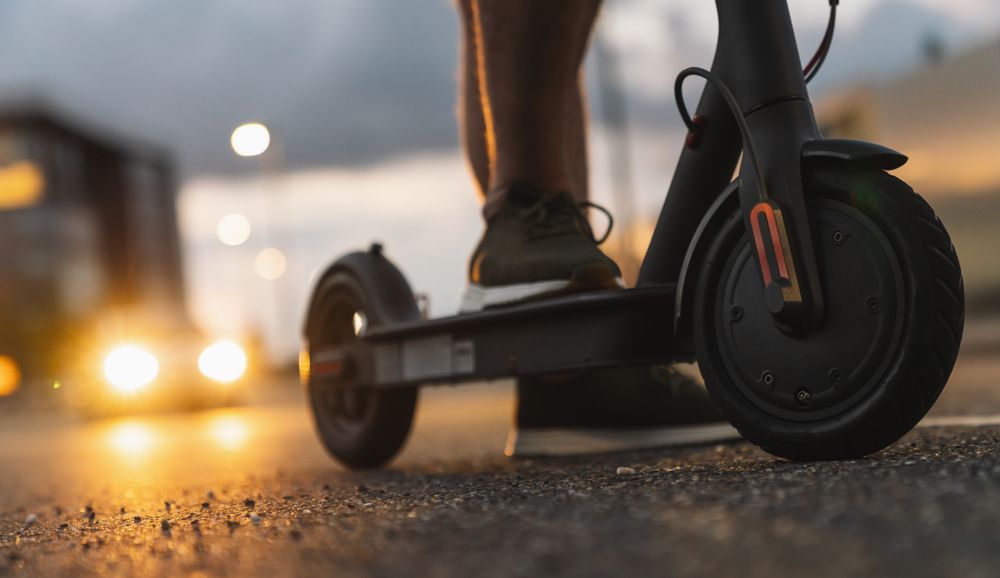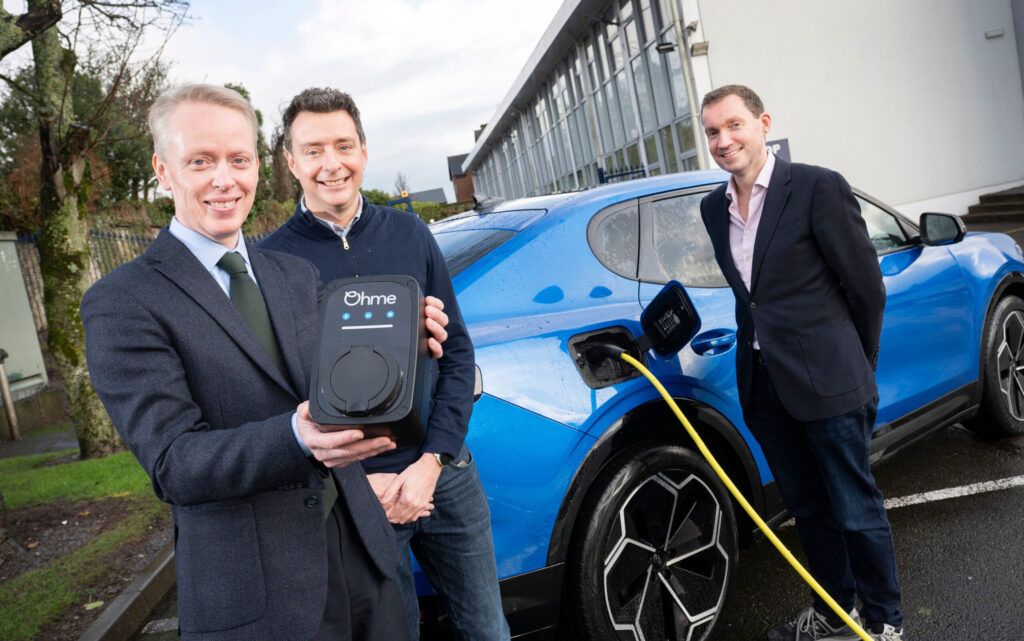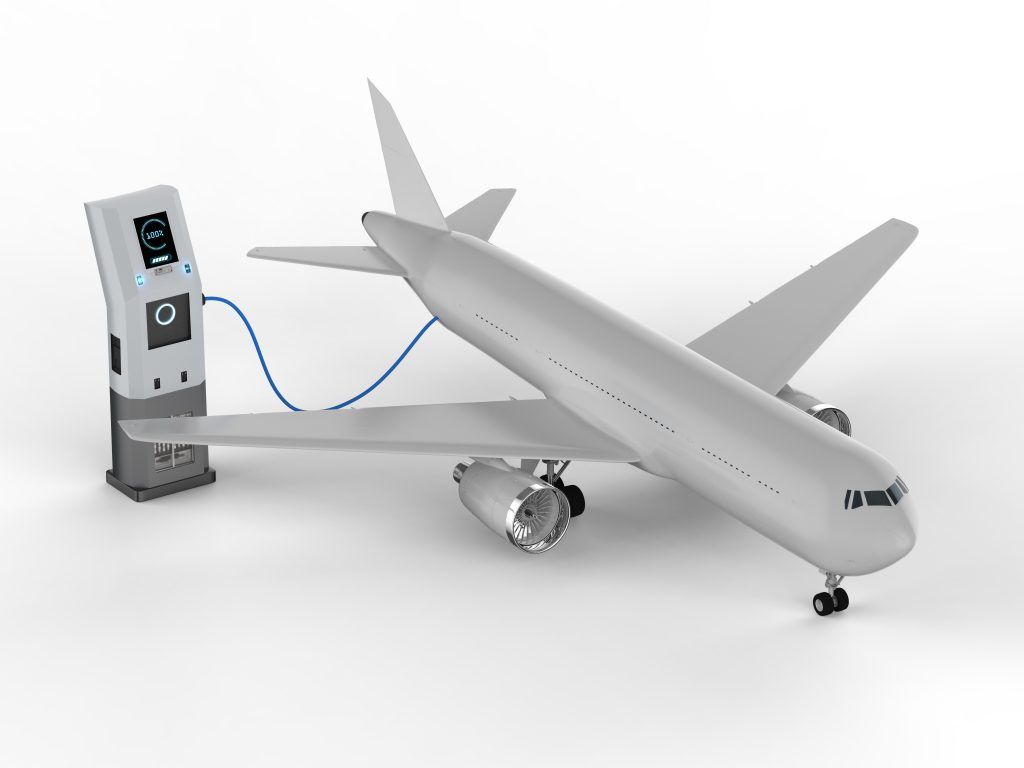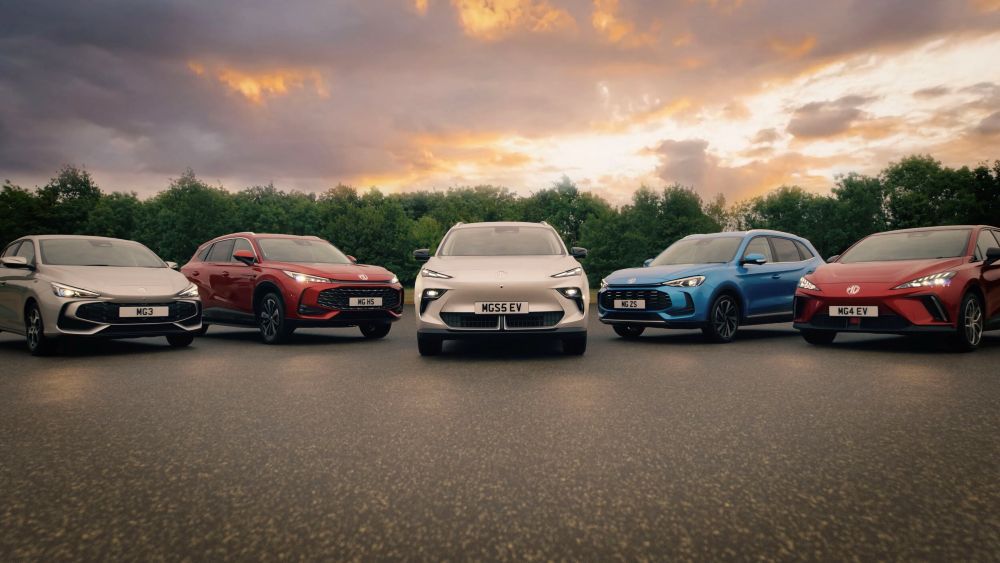The European Commission (EC) has said it plans to review the directive associated with light electric vehicles, including e-scooters and e-bikes.
The move, which has been made following numerous trials of such products and the scaling up of the technology by manufacturers, will see the EC assess the current legal framework under Directive 168/2013.
The UK’s Transport Research Laboratory has been working with the EC on investigating the light vehicles and the type of approval required for e-scooters, e-bikes, e-cargo bikes, and other lightweight electric vehicles. It is hoped the review could open the door to their use across Europe.
The trade association for lightweight vehicles in the EU, LEVA-EU, said that problems around such vehicles being categorised as mopeds, and a lack of categorisation for electric powered bicycles, meant that “virtually no approvals have been carried out since 2013”.
TRL has now set up a public questionnaire to gauge industry opinion on light electric vehicles with those businesses and individuals with an understanding of the legal framework especially called upon to respond.
To apply to attend a meeting, send an email here, stating which you would like to participate in.
Electric bikes with pedal assistance up to 250W and 25 km / h, vehicles without a saddle, self-balancing vehicles and vehicles with a seat below a certain minimum height are excluded from Regulation 168/2013.
In addition, electric bicycles 250W – 25 km / h have been given the status of a conventional bicycle in the traffic code of all member states. As a result, this category has been growing strongly for years.
It is unclear at present how or if the rule and regulation changes would affect the UK in a post Brexit world, though from a manufacturing point of view it would make sense for UK businesses to align to European member states rather than adhere to separate standards.











